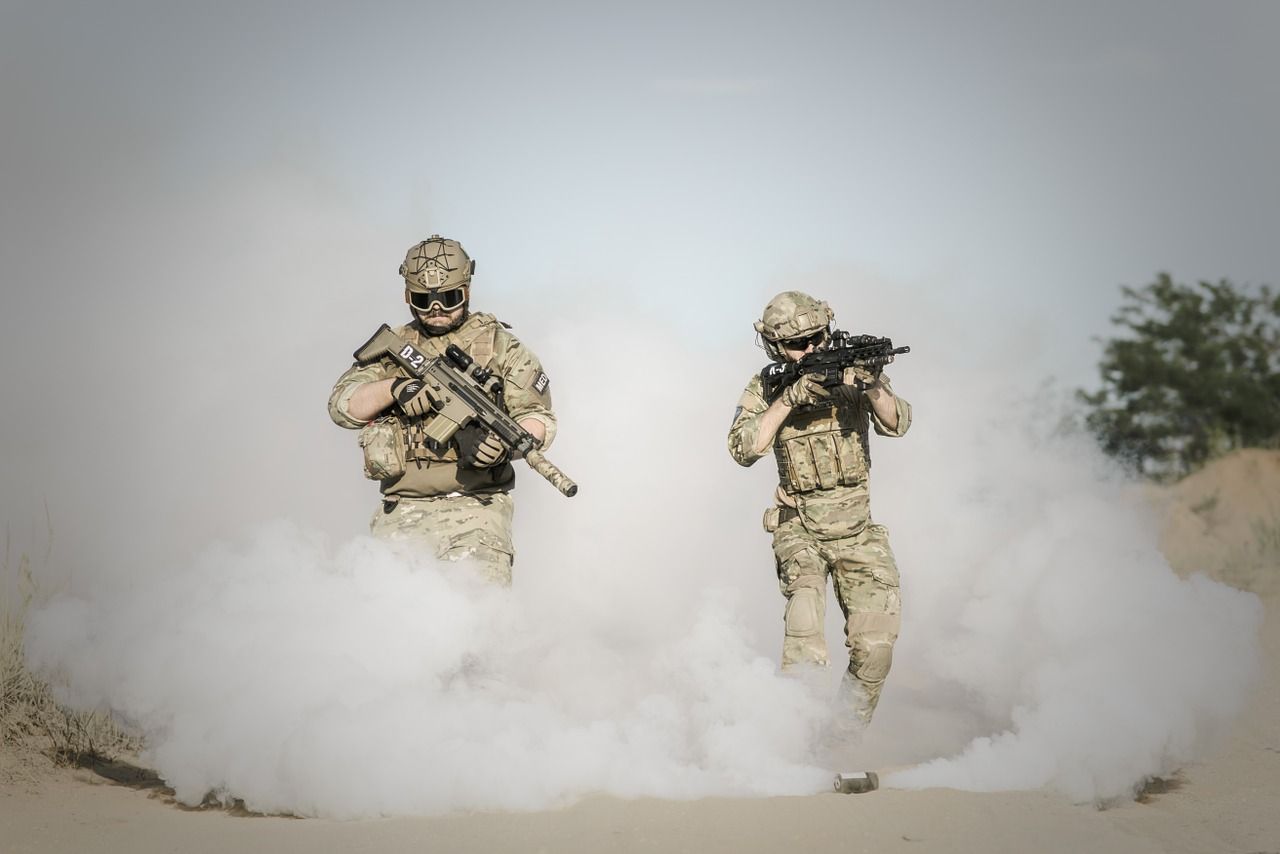Across the United States, many veterans living with post-traumatic stress disorder (PTSD) are turning to cannabis for relief from anxiety, insomnia, and intrusive memories. While personal reports of improvement are common, the scientific evidence remains mixed—and leading researchers and the Department of Veterans Affairs (VA) continue to urge caution.
Cannabis and PTSD: The Growing Interest
Veterans make up a large portion of medical cannabis patients in states where it’s legal. According to the U.S. Department of Veterans Affairs, many veterans report using cannabis to manage symptoms that don’t always respond to traditional treatments like selective serotonin reuptake inhibitors (SSRIs) or trauma-focused therapies. Cannabis’ potential to reduce hyperarousal and promote sleep has drawn interest, especially for those struggling with nighttime flashbacks or anxiety.
However, the VA National Center for PTSD maintains that there’s currently insufficient evidence to support cannabis as an effective treatment for PTSD. This conclusion is echoed by the 2023 VA/DoD Clinical Practice Guideline, which explicitly recommends against using cannabis or cannabinoids for PTSD due to “very low-quality evidence” and potential adverse outcomes.
What the Studies Reveal
Most research to date consists of small observational studies or self-reported surveys rather than large-scale clinical trials. One of the few randomized controlled trials (RCTs) involving veterans found no statistically significant improvement in PTSD symptom severity compared to placebo. Meta-analyses published in journals such as Frontiers in Psychology and The American Journal of Drug and Alcohol Abuse have similarly noted inconsistent findings and potential bias in self-reported results.
That said, anecdotal reports and early research highlight specific areas where cannabis might help. Some veterans report improved sleep quality and reduced nightmares, particularly when using cannabinoids like nabilone, a synthetic THC derivative studied in small VA-led trials. While nabilone showed some promise in reducing trauma-related nightmares, researchers stress that results were preliminary and not a substitute for established PTSD therapies.
The Risks of Cannabis Dependence
Another consistent finding across studies is the elevated risk of cannabis use disorder (CUD) among veterans with PTSD. A 2022 VA research summary found that veterans with both PTSD and CUD experienced worse functional outcomes and higher distress levels compared to those with PTSD alone. Frequent use can also interfere with the effectiveness of trauma-focused therapy.
Still, newer evidence suggests veterans don’t need to stop cannabis entirely before beginning PTSD treatment. The VA advises that trauma-focused therapies such as Prolonged Exposure and Cognitive Processing Therapy remain effective even for those using cannabis concurrently. Clinicians are encouraged to screen for CUD and engage patients through open, stigma-free dialogue.
Global and Policy Perspectives
Outside the U.S., countries like Canada have taken a more permissive stance. Since legalization, Veterans Affairs Canada has reimbursed eligible veterans for medical cannabis under specific limits. National reports from Canada note ongoing use for PTSD symptoms, though they too emphasize the need for better research and standardized dosing.
The Takeaway
Cannabis may offer short-term symptom relief for some veterans, particularly around sleep and anxiety. Yet, as of now, scientific consensus does not support it as a proven treatment for PTSD. Veterans considering cannabis should do so with medical guidance, awareness of potential dependency, and an understanding that evidence-based therapies remain the gold standard.
For veterans exploring treatment options, the VA’s National Center for PTSD provides up-to-date clinical resources and links to ongoing research on cannabis and mental health.
Blog Read: Life After Service: The Veteran Cannabis Community Online

